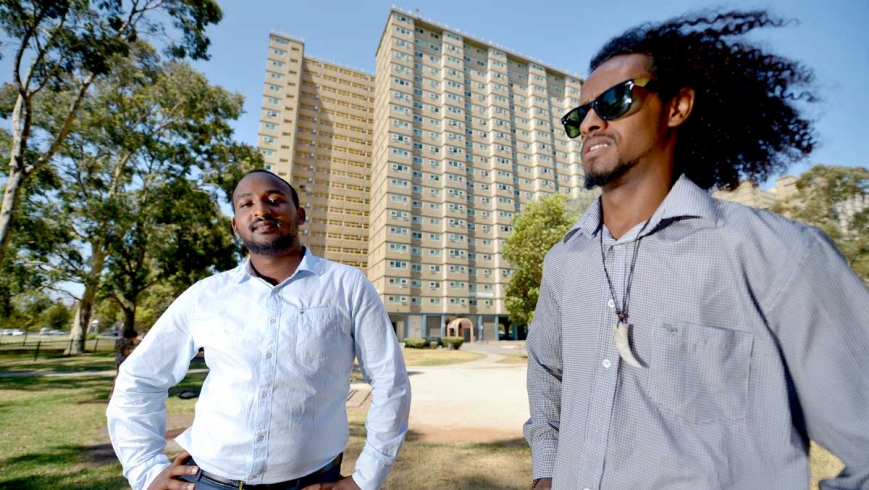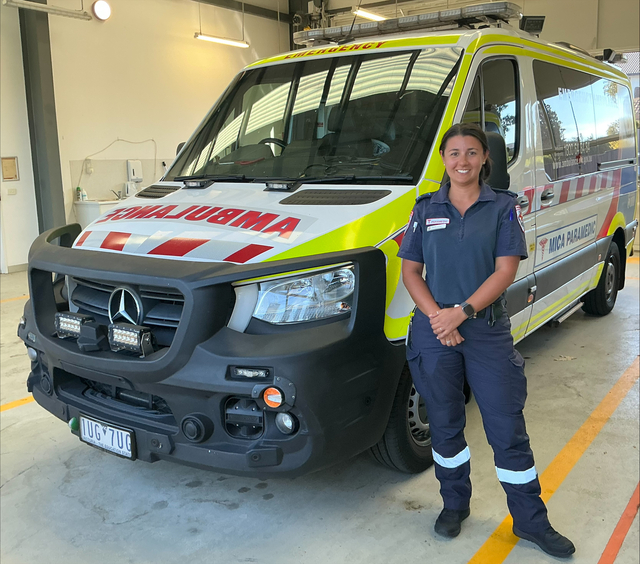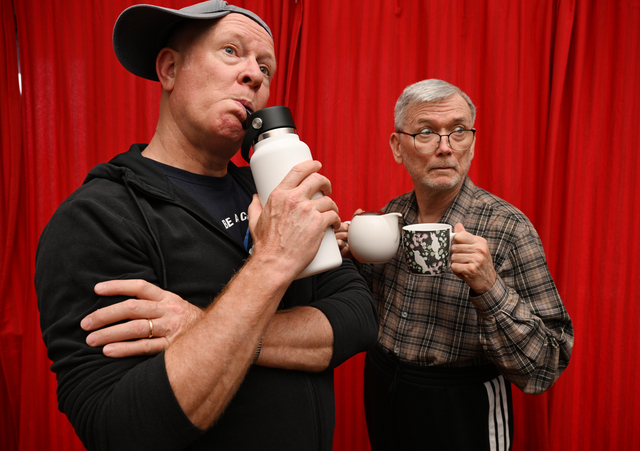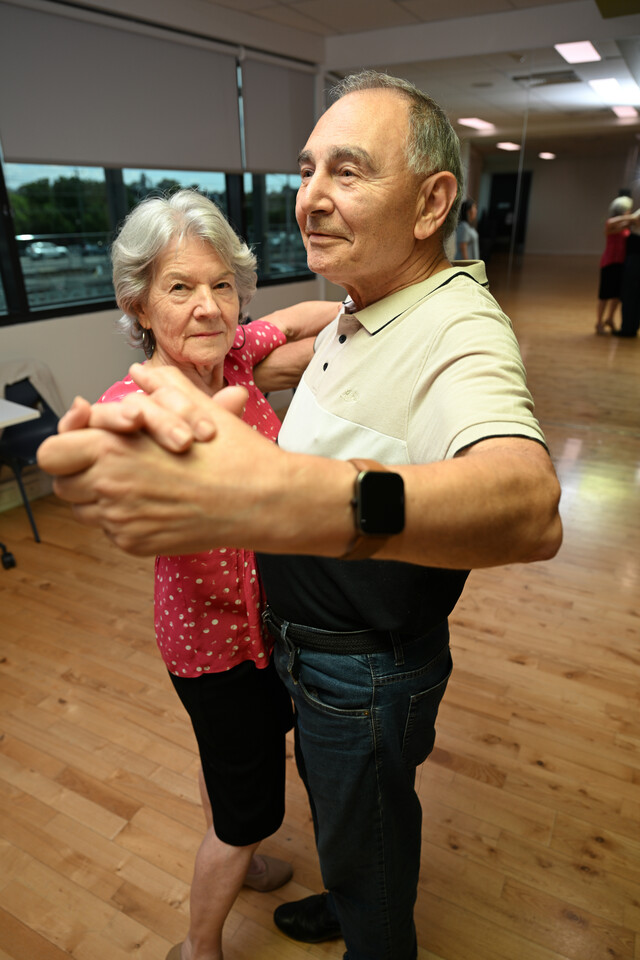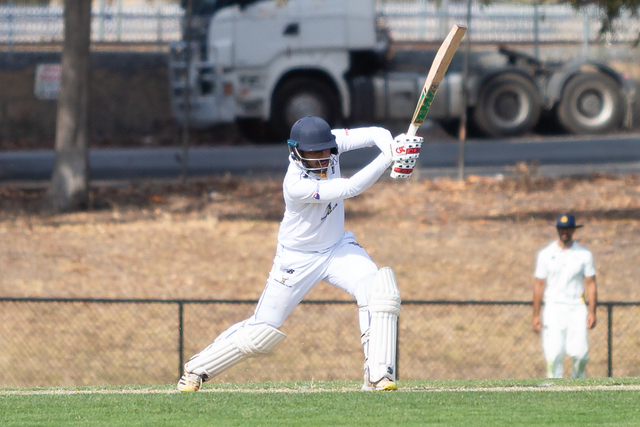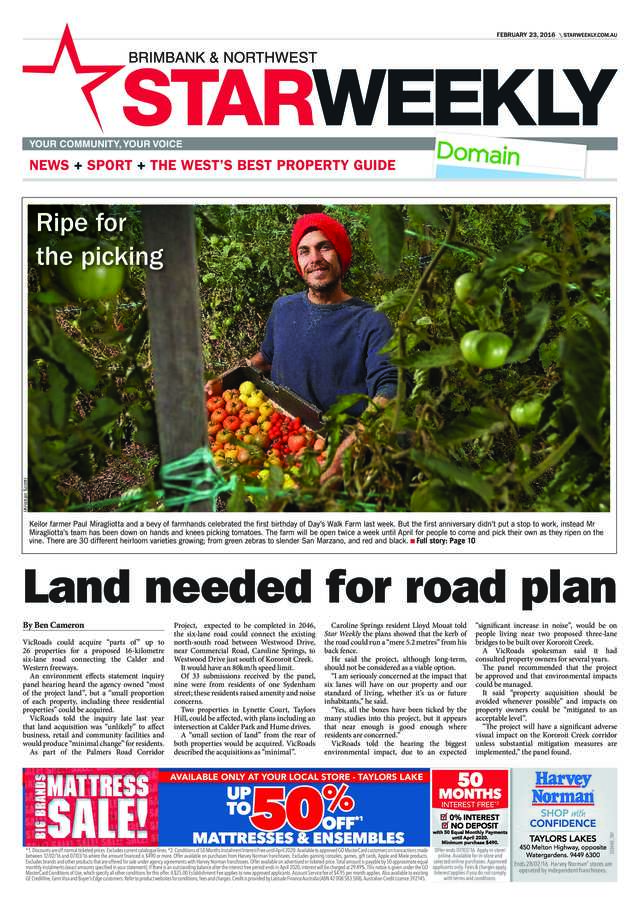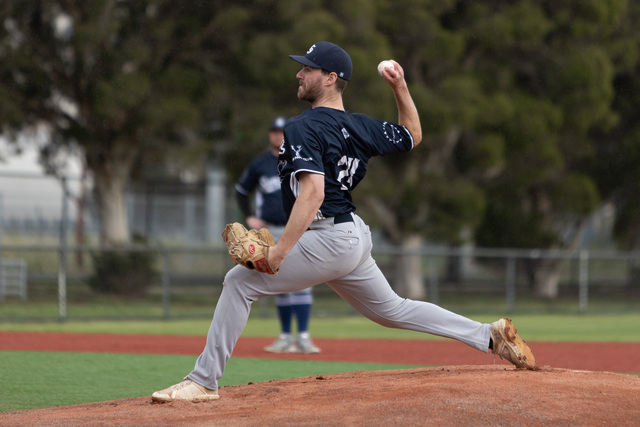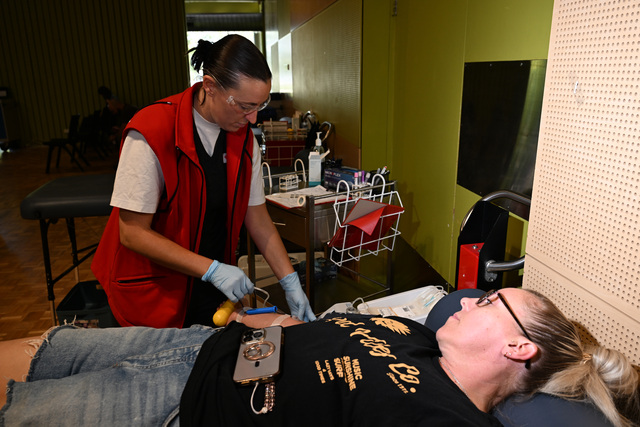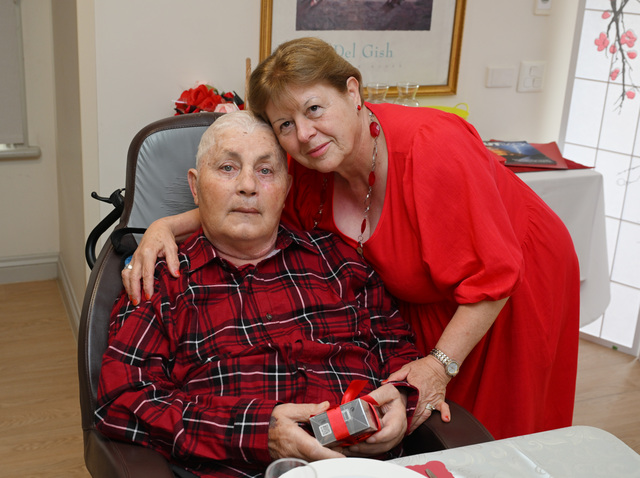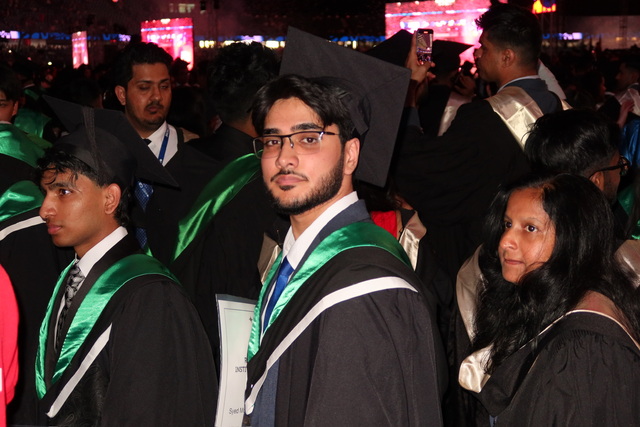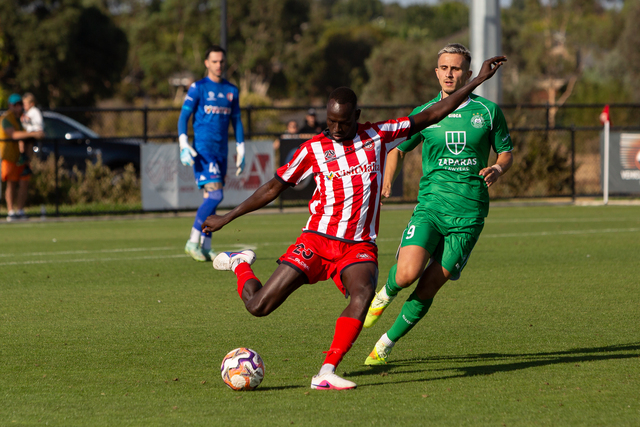We speak to senior western suburbs police and African residents about the problematic issue of racial profiling.
GROWING up in the high-rise towers looming above Flemington, open spaces in and around Debneys Park were an obvious place to meet, escaping cramped homes and the summer heat.
But Haile-Michael and his friends stood out.
Dark skin marked their African heritage and it was this, they say, that drew more attention than warranted by Victoria Police.
In a protracted court case settled earlier this year, six applicants alleged that from 2005 to 2009, police officers stopped and questioned them on the basis of their race, rather than for legitimate policing reasons.
They also alleged assaults and excessive use of force.
Analysis of Victoria Police’s LEAP data from the period shows young African-Australians under-represented in local crime statistics but 2.4 times more likely to be stopped by police.
Victoria Police denied the allegations, citing the interactions as legitimate police business in the investigation of crime. But Haile-Michael, lead applicant in the case and now 22, has no doubt his community has been unfairly targeted, not just in policing but more generally.
“The fact is there is an attack on the most vulnerable members of the community,” he says. “With each wave of migration it has been the same thing.”
The court case wound up in February with an out-of-court settlement.
Chief Commissioner Ken Lay denied racial profiling was taking place but admitted relations between some police and young African men in and around the Flemington area had been “quite problematic”.
Victoria Police agreed to examine internal policies on stop-and-search and person checks, and its cross-cultural training system.
Police are inviting community feedback on field contact procedures and training in ‘diversity’ issues. Submissions are being accepted until the end of this month.
Ethnic Communities Council of Victoria director Ross Barnett said the inquiry was an opportunity for police to consider “overdue reform”.
At an ‘After the race discrimination case’ forum convened in April by the Flemington Kensington Community Legal Centre, public interest law partner at Arnold Bloch Leibler, Peter Seidel – who represented the six applicants pro bono – said there were claims of racial taunts, unjustifiable searches, misuse of power and incidents involving physical assaults – all based on race.
FKCLC principal solicitor Tamar Hopkins has long been a campaigner on the issue. As well as spearheading the legal battle, she is leading the push for receipting, whereby police provide a receipt to those who have been stopped and searched to improve data collection and transparency.
“We believe the data you have been hearing about under-represents the problem of racial profiling in Victoria,” she says.
Just weeks after the forum, reports emerged of racist stubby holders that had been produced and used by Sunshine police.
In April last year the Sunshine police social club produced about 50 of the stubby holders. One side featured a cartoon image of a mudfish, derogatory slang for Africans, and the words: ‘Whoever says Sunshine brings happiness has never worked here’. The other side mocked refugees, many of whom may not know their date of birth, with ‘my date of birth is 01/01/?’.
Sunshine police’s Inspector Michael Grainger discovered the derogatory stubby holders and the two sergeants responsible were given workplace counselling, but no further action was taken.
When news of the stubby holders emerged in May, the Chief Commissioner asked that the ‘no action’ decision be reviewed by the Professional Standards Command.
Acting Deputy Commissioner Andrew Crisp said, “I cannot defend the indefensible – the stubby holder was inappropriate.” He pointed to the “tough stand” Victoria Police had taken in 2010 in sacking four officers and demoting one for sending and forwarding inappropriate emails with “racist elements”.
“Victoria Police in no way condones racist acts, activities, language or – as we see on this stubby holder – depictions that could be misconstrued or misunderstood by the community,” Acting Deputy Commissioner Crisp said. “The vast majority of our members are doing a fantastic job, and when we have instances such as this it actually undermines the great work that our members do, particularly out in the western suburbs.”
Braybrook African community leader Abeselom Nega says such incidents can break down months of solid community engagement. He says Victoria Police has shown leader- ship on racism, but the effects have not been cascading down. “The police need to examine the way they’re interacting with the public.”
Haile-Michael says the antagonism that spilled over in Flemington has settled.
But flashpoints have emerged elsewhere and he believes the march of gentrification will force the African community out of Footscray, with young people instantly regarded with suspicion and driven from areas where they feel safe.
“Footscray has become an important meeting place because you can speak your language,” he says. “But there is a sense that, with all this development, they want to move this whole demographic out of this area.”
For their part, Footscray police have been working hard to build bridges with the community. Inspector Tony Long says a dedicated liaison officer and members take part in regular activities aimed at building two-way trust. “Programs like these are great to build relationships between young people, police and support agencies; they also to help people who are new to this country understand the role of the police here.”
For Haile-Michael, born in Sudan to Ethiopian parents, the problems can’t simply be patched over by goodwill. He would like to see better relations develop with police but sees the longer term issues in a broader light.
“When you bring it down to the root causes, it’s just about people and their insecurities,” he says. “There is not much sense in it.”
He sees systemic inequality in every aspect of a young African Australian’s life, from educational opportunities to meaningful work and societal acceptance. Yet he is not entirely pessimistic about the future or the review into policing procedures sparked by his case.
“You always have to hold hope, but to what extent are they going to change? There definitely will be something to come out of this but, to be honest, I don’t know what,” he says.
Victoria Police will respond to the review by the end of the year.

